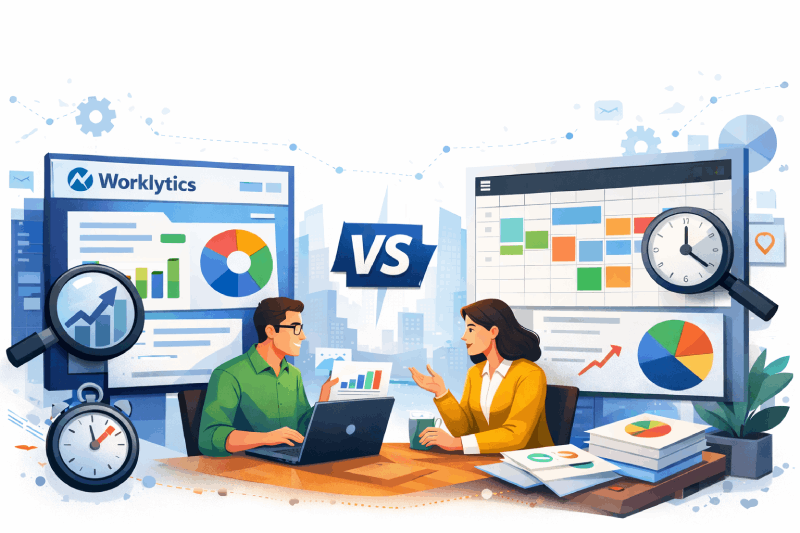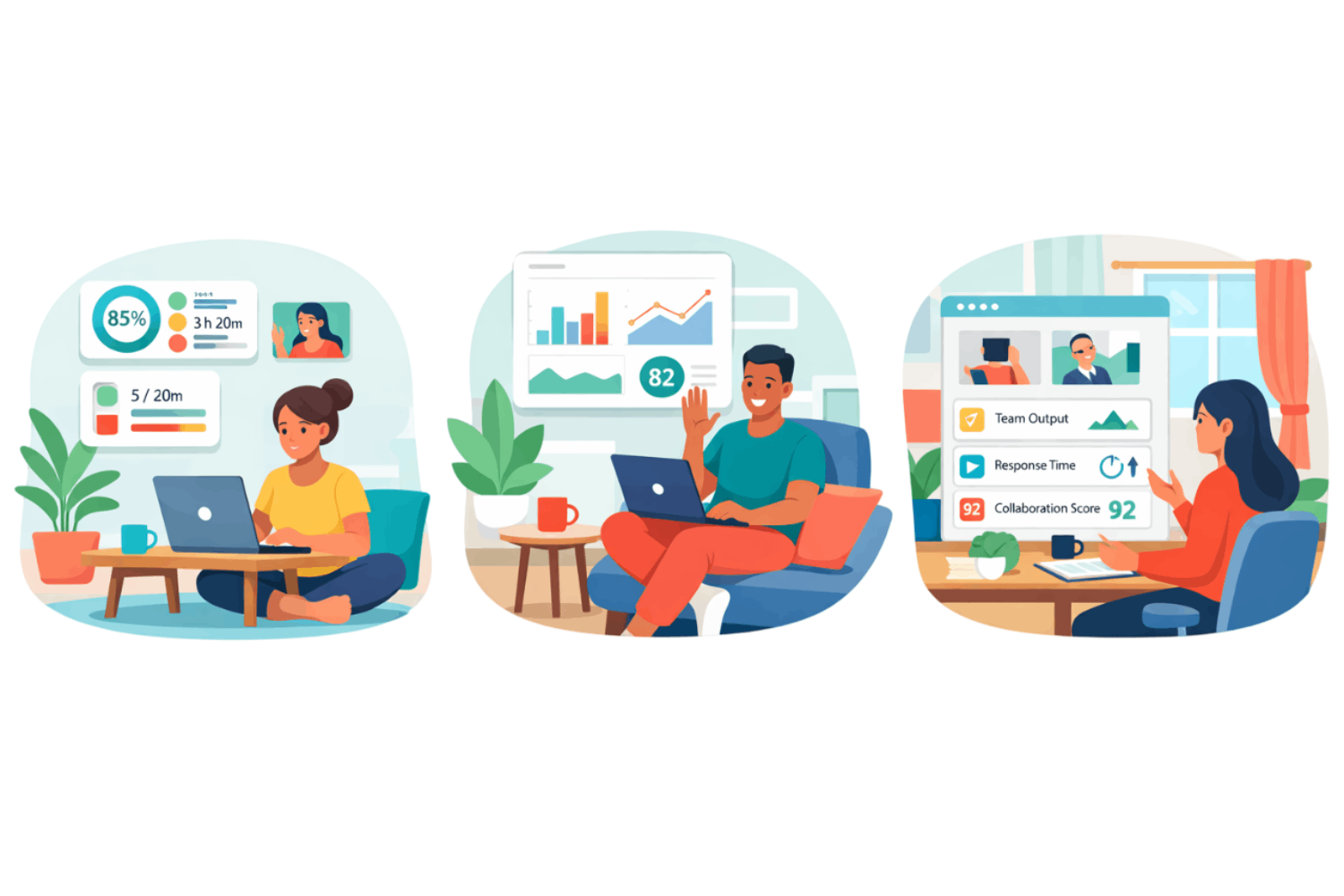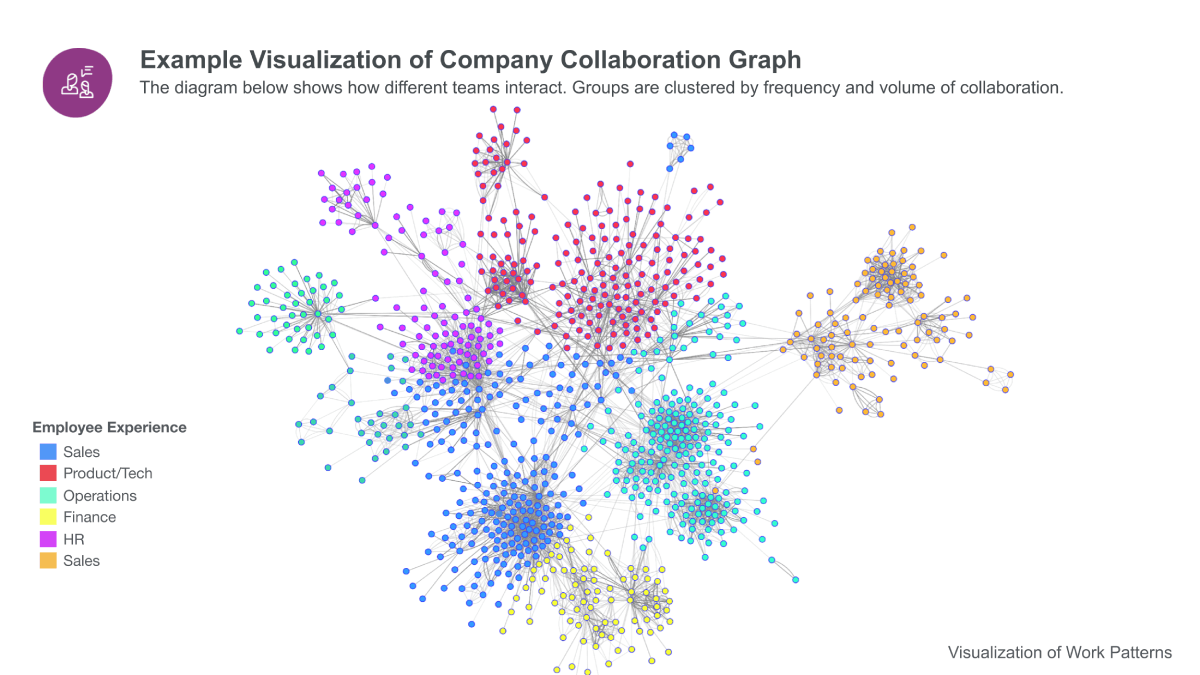
Meetings Are Killing Your Company
Nothing kills productivity like a meeting-driven culture. Here are 7 things you can do to combat meeting bloat and reclaim your calendar.
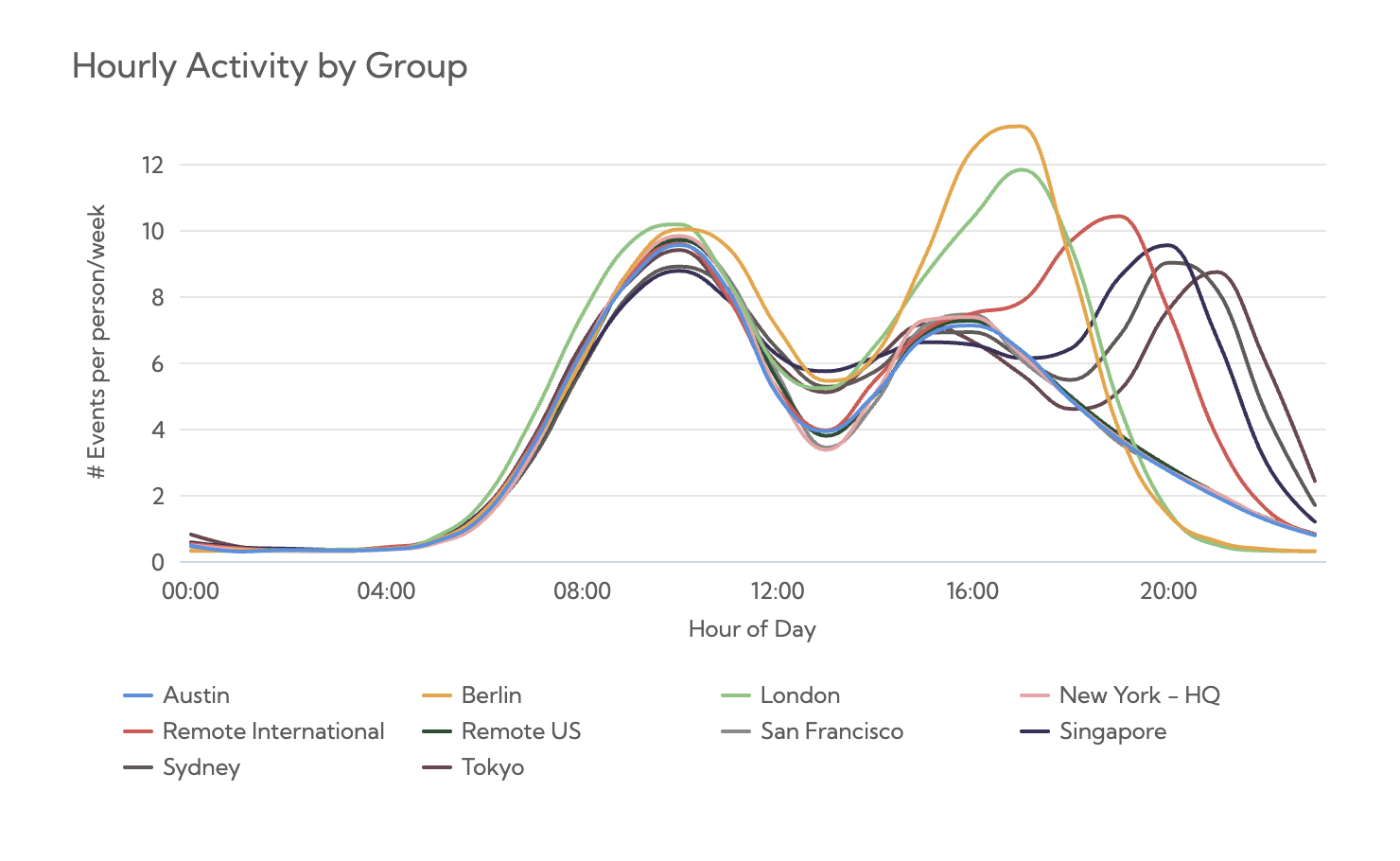
Worklytics Product Updates - February 2026
📊 Connect employee sentiment to work patterns → New Survey Insights Dashboard ⏰ Compare workday patterns across teams → New Shape of Day by Group in Dashboard 🤝 Quantify meeting effectiveness and cost → Upgraded Meeting Effectiveness reporting 🚀 Understand and improve PR velocity → New PR Cycle Time Metrics 🔐 More precise access control → Custom Dashboard Filter permissions 📚 Faster Dashboard onboarding → New Dashboard Knowledge Portal page
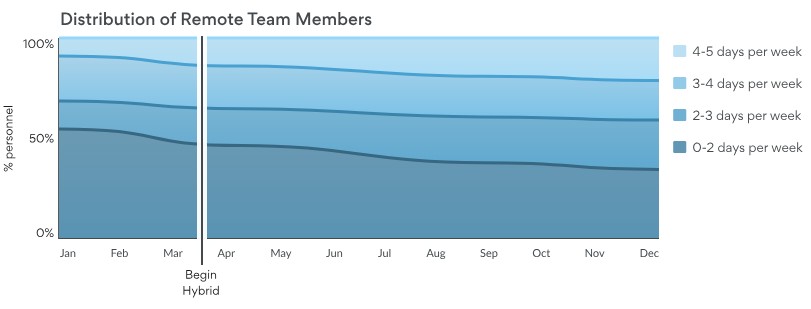
Metrics for Remote Work Effectiveness
Metrics play a key role in measuring performance and understanding which metrics directly impact effectiveness, efficiency, and informed decision making.



